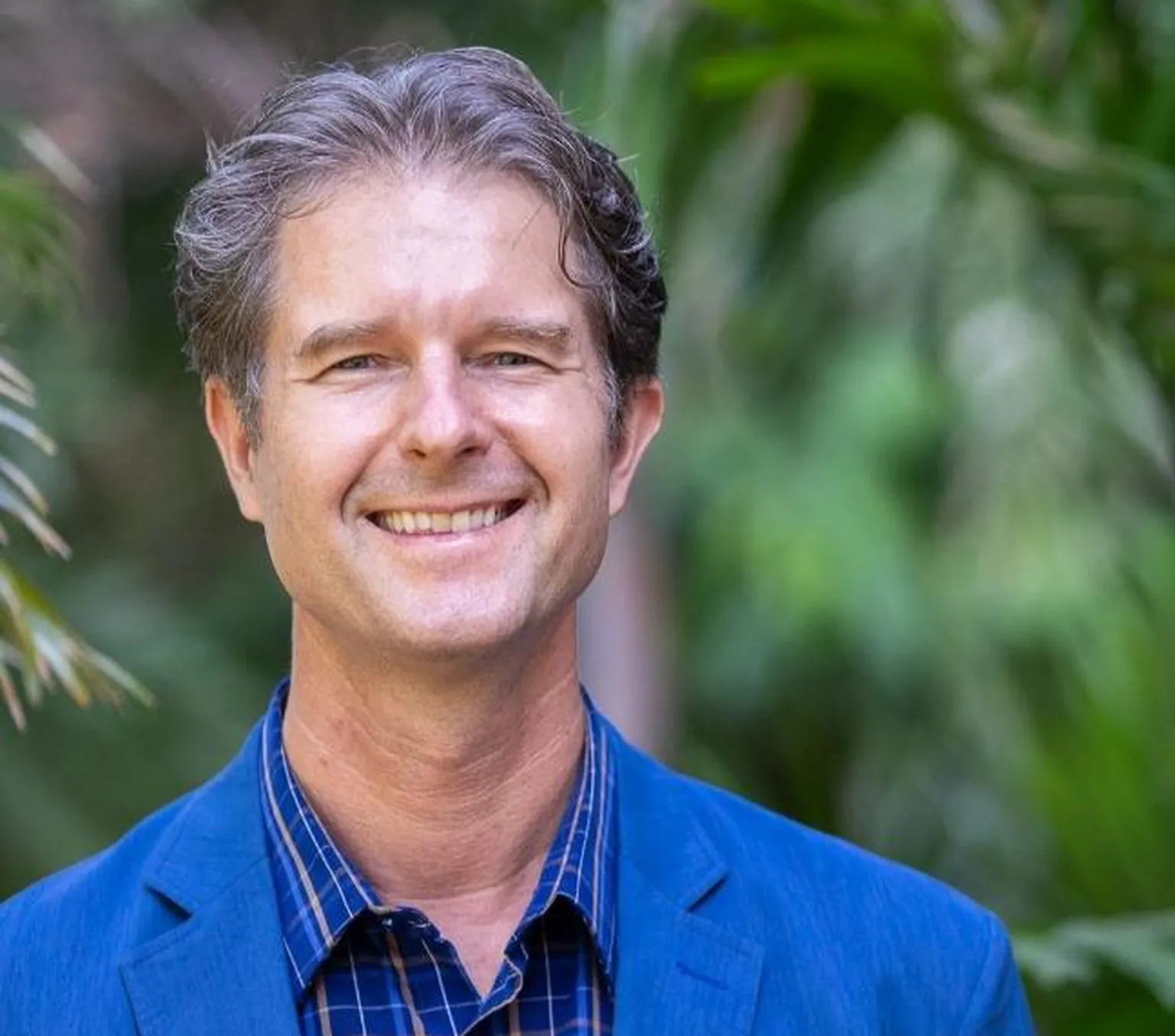Clean and Improved Cooking in the Mekong Region
Cambodia,Vietnam,
concluded

The programme addressed the negative impacts of traditional cooking in rural Cambodia
The programme on Clean and Improved Cooking (CIC) in the Mekong Region (2021–2024) was designed to address the negative social, economic, environmental, and health impacts of traditional cooking in rural Cambodia.
The use of biomass for cooking fuel and associated smoke exposure contributes to serious health problems, leading to the death of 14,000 people in Cambodia per year. Many more lives, mainly those of women and children, are affected by smoke-related health conditions that reduce overall quality and length of life. Further, the smoke emissions from open fires add to greenhouse gasses responsible for climate change. Finally, cooking is strongly connected to gender inequalities at the household level. Collecting wood, cleaning the pots, and tending the fire all fall disproportionately on young girls and women.
Approach
CIC promoted awareness, demand creation, and capacity building of local institutions to provide behaviour change communication for clean cooking. The Smoke-Free Village (SFV) approach aligned with the National Energy Efficiency Policy and Health Plans to prevent non-communicable diseases and has built on the approach for Community-Led Total Sanitation.
The SFV is a gender-based approach that encouraged villages to change cooking behaviours to eliminate smoke collectively. The initiative stimulated demand for clean stoves and fuels and triggered suppliers to sell their products and services in villages. Three key cooking behaviours were encouraged:
Keep children away from smoke
Avoid smoke exposure by ensuring ventilation and drying wood
Purchase clean cookstoves to fully replace firewood with electricity or LPG.
SFV's approach was built further on SNV’s experiences in the cooking sector and successful programmes aimed at open defecation-free villages. The demand creation stemming from the SFV encouraged producers to increase their supply in local shops and with national producers of clean biomass stoves. SFV also built capacities of Commune Councils for Women and Children, as well as schools, health centres, and pagodas, to foster new norms and shift systems to function beyond the programme's dependency
Results
244 villages engaged in the Smoke-Free Village initiative
55,000 households reached
200 schools, pagodas and health centres involved
Households bought 15,000 electric and 32,300 LPG stoves.
System Change Indications
35 Commune Councils for Women and Children were active and adopted clean cooking in their planning and budgeting.
Memorandum of Understanding with the Ministry of Mines and Energy that addressed cooking energy.
The programme's strong learning focus was built on village and commune-level tracking data. Its lessons provided a model for community-based engagement around clean cooking energy in countries like Mozambique, Ethiopia, Laos, Nepal and Bangladesh.





